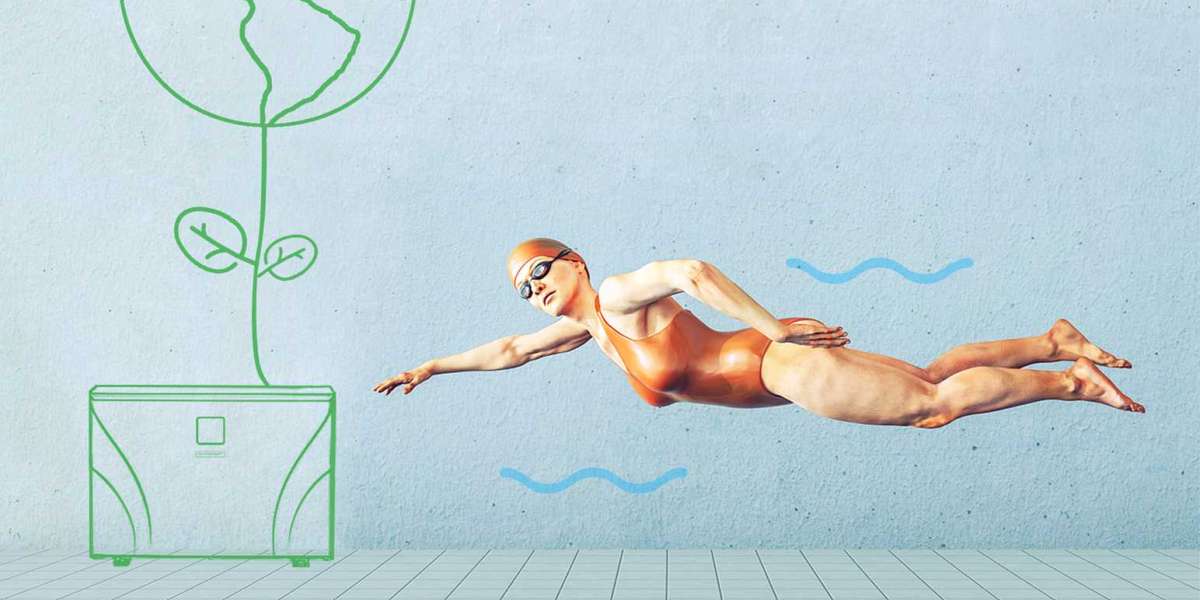1. Neuroplasticity
At the core of the Feldenkrais Method lies the concept of neuroplasticity, the brain's ability to reorganize and adapt in response to new experiences and learning. Through gentle movements and mindful attention, Feldenkrais practitioners stimulate neural pathways associated with movement and sensory perception. This process allows individuals to refine their body awareness and develop more nuanced proprioceptive feedback.
2. Sensory Motor Learning
Feldenkrais lessons facilitate sensory motor learning, a process by which individuals acquire and refine motor skills through sensory feedback. By engaging in slow, deliberate movements and paying attention to subtle sensations, participants deepen their kinesthetic awareness and refine their movement patterns. This heightened sensory motor learning enhances body awareness and promotes more efficient and graceful movement.
3. Proprioception
Proprioception, the sense of the body's position and movement in space, plays a crucial role in body awareness. Feldenkrais practices focus on enhancing proprioceptive feedback by encouraging individuals to explore a wide range of movement variations and sensations. This exploration strengthens neural connections associated with proprioception, leading to a more refined sense of body awareness and coordination.
4. Interoception
Interoception refers to the ability to perceive internal bodily sensations, such as heartbeat, respiration, and visceral cues. Feldenkrais lessons often incorporate practices that heighten interoceptive awareness, such as mindful breathing and attention to internal sensations. By tuning into these subtle cues, individuals develop a deeper understanding of their bodies' needs and responses, leading to enhanced body awareness and self-regulation.
5. Mirror Neurons
Mirror neurons are specialized brain cells that fire both when an individual performs an action and when they observe someone else performing the same action.Feldenkrais Practitioner leverage the concept of mirror neurons by guiding participants through movement sequences and encouraging them to observe their own movements with curiosity and attentiveness. This process enhances body awareness by allowing individuals to perceive and internalize movement patterns more effectively.
6. Mindfulness and Meditation
Feldenkrais incorporates elements of mindfulness and meditation to deepen body awareness. Participants are encouraged to cultivate a present-moment focus and non-judgmental awareness of their bodily sensations and movement experiences. This mindfulness practice fosters greater introspection and self-reflection, leading to a more profound understanding of the mind-body connection and its role in shaping body awareness.
7. Brain Plasticity and Aging
Research suggests that the Feldenkrais Method may promote brain plasticity and cognitive vitality throughout the lifespan. By engaging in regular movement explorations and sensory experiences, individuals can stimulate neural growth and connectivity, even in older adulthood. This neuroprotective effect may contribute to the preservation of body awareness and motor function as individuals age.
Conclusion
In conclusion, the science behind the Feldenkrais Method elucidates its efficacy in enhancing body awareness through mechanisms such as neuroplasticity, sensory motor learning, proprioception, interoception, mirror neurons, mindfulness, and brain plasticity. By engaging in mindful movement practices that stimulate these processes, individuals can cultivate a deeper connection to their bodies and develop greater sensitivity to internal sensations and movement patterns. This heightened body awareness not only enhances physical coordination and efficiency but also fosters a profound sense of embodied presence and well-being.








